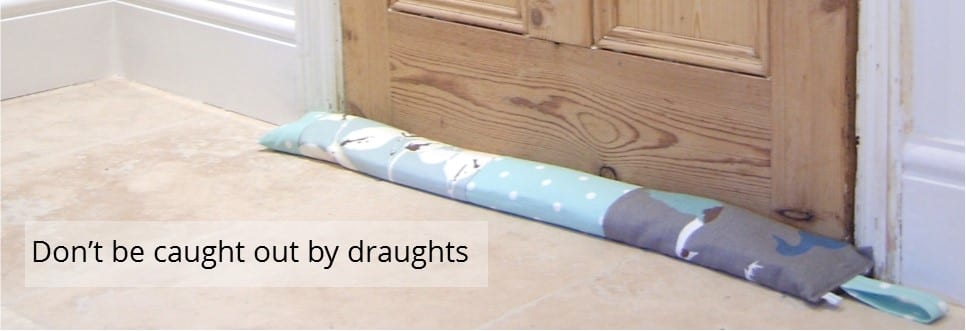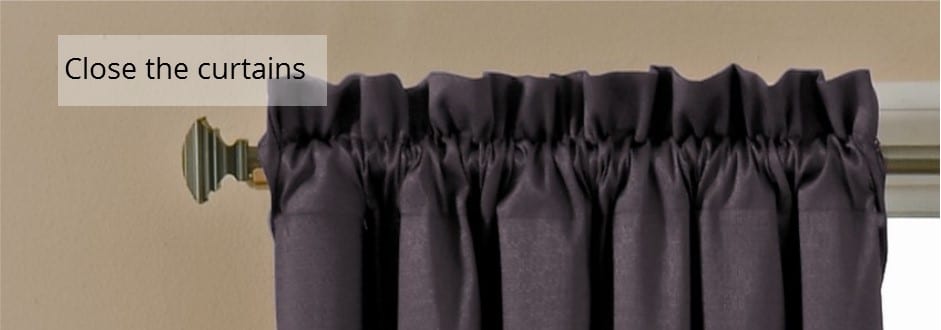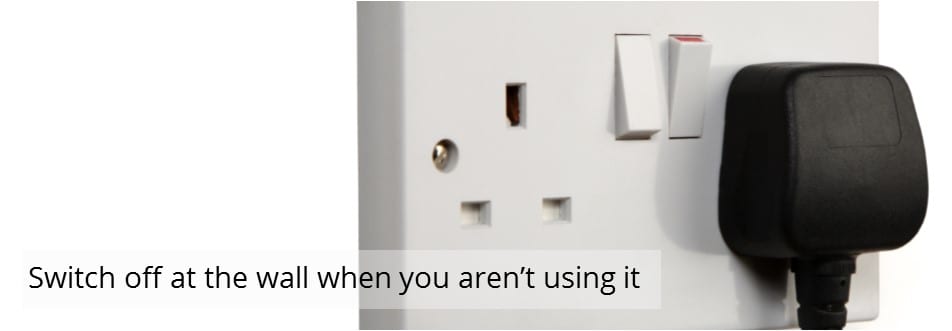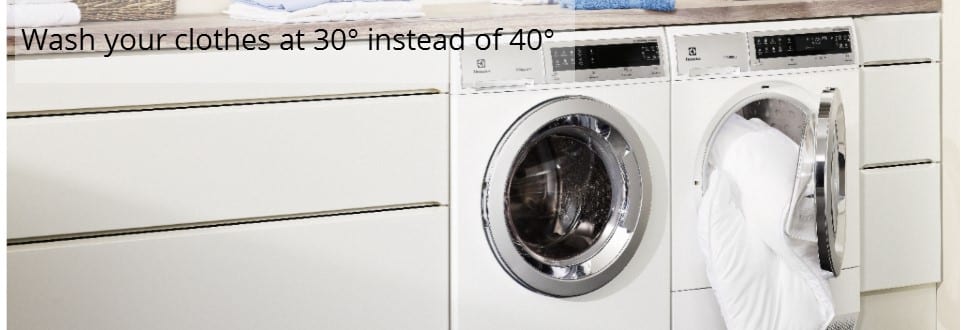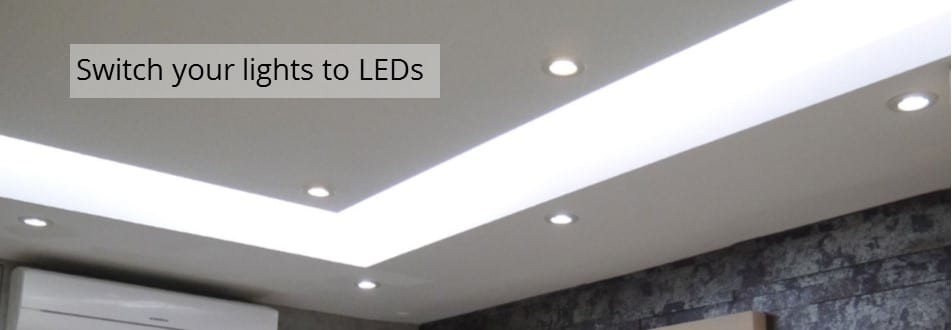As winter is well and truly here, we are continuingly asked by our London clients if we have any tips or suggestions on how to reduce their utility costs. We have therefore created this post showing the simple property management tips which not only saves you money but also is a positive change towards the environment.
Utility Cost 1 – Water Costs
The first costing we look at is water costs. Typically, in London, which has its water provided via Thames Water, costs have been reduced for the period covering 2015-2016 with the below statistics (provided by Water UK) showing the slight reduction in comparison to the period 2014-2015:
|
£ Average Water Bill 2015/16 |
£ Change from 2014/15 | £ Average Sewerage Bill 2015/16 |
£ Change from 2014/15 |
|
| Thames Water |
197 |
-15 | 171 |
+12 |
In order to save money on your annual water cost we have compiled the top three suggestions:
We would never suggest that you don’t shower, however, a typical power shower will use 13 litres of water per minute. With the typical shower lasting approximately 10 mins that equates to a staggering 130 litres of water. Considering a standard bath can hold 80 litres, that is close to double the volume. A reduction in either the length of time spent in the shower or a reduction in the shower frequency will clearly reduce your overall costs. With the approximate cost being 0.1p per litre, a reduction of 5 minutes would equate to a saving of £25 per annum for a single person having 1 shower per day.
We all do it however we really shouldn’t. We have a small amount of dishes, feel a bit tired and simply think to put the dishwasher on. A dishwasher will typically use 12 litres of water during a full cycle. If you were to fill up a washing bowl to wash the dishes by hand however, the volume could be reduced to 2/3 litres. If you use the dishwasher 3/4 times per week, washing your dishes by hand would save you 30/36 litres per week.
With almost 30% of water costs coming from the water used in whilst flushing the toilet, savings can be made in this element. A old style single flush toilet can use in the region of 12/13 litres per flush. In a multi person home, this can lead to a large volume being used per day. Using a water saver such as the ‘hippo’ can lead to a reduction of 3 litres of water per flush. Quite a considerable saving over the course of a year I’m sure you’ll agree.
Utility Cost 2 – Gas/Heating Costs
According to UK Power the average gas cost for a London flat is approximately £500 per annum. Clearly with heating costs also being at their highest during the winter, it is essential that you use any technique available to you in order to save as much money as possible. Below are our top 3 suggestions to save on your heating costs:
Whilst some may disagree, turning your thermostat down by only a few degrees and maintaining that temperature rather than constantly turning the heating on and off will save you money. It is estimated that a reduction in the temperature of 1° can in fact save you up to £60 per annum. Like many appliances, to be consistently starting up the boiler each time you need to warm up requires more energy than a continual maintenance of temperature.
Possibly only excluding modern eco properties, most flats will be exposed to draughts, through their doors, windows, floorboards etc. We would suggest foam strips for use on windows, a simple draught excluder for the gap at the bottom of your door (yes you can use the stuffed animal ones) and a do it yourself flexible floor filler can resolve those floorboard gaps. Draught excluding can cost as little as £100 for the whole flat and save you up to £50 per annum, well worth the investment I’m sure you’ll agree.
This may be the simplest method of reducing your heating costs but with most heat being lost through your windows, there is a straight forward way to keep the heat in. Fabric curtains retain heat significantly and will provide a barrier for any cold stemming from your windows. If you have blinds, we would suggest switching to fabric curtains to cut your overall heating costs.
Utility Cost 3 – Electricity Costs
According to Governmental statistics the average London flat will use approximately £200 of electricity per annum. As we mentioned above with the gas cost, it really is essential to try and reduce this cost. Remember, electrical costs do not fluctuate as much as gas costs do so you need to review your spending continually.
This almost goes without saying and its a habit that almost all of us are guilty of. By turning off any appliances at the wall socket itself when you aren’t using said item can save you up to £30 per year. We know that it can be a pain to reprogram certain appliances so if that is your immediate thought then simply turning on standby instead will have near enough the same result.
With ever increasing family sizes, the washing machine gets put to good use and as such can be the cause of increased electrical costs. Did you know however that by simply reducing the temperature of your wash by 10° can save you up to a third of the cost of running your cycle. It may seem unlikely however the reduction in work necessary to heat the water those added degrees really can save you money.
A current project we carry out whilst reviewing our clients utility costs is a comparison of traditional lighting vs upgraded LED lights. We have found almost 100% of the time that LED’s, whilst they do cost more in the short term, can reduce the overall electrical cost as well as replacement/maintenance by up to 70%. The common argument is that LED lighting costs more from the outset however the life expectancy and efficiency of this type of lighting is truly worth the initial capital expenditure.
Conclusion
Whilst we can provide you with all of the above property management tips, the very first step you should take to save money in your London flat should always be to use a utility comparison website or a utility broker.
Strangford Management work alongside LSI Utility Brokers to obtain the very best annual prices for any communal utility supply our clients have including general landlord’s electricity as well as shared gas supplies. Simply another way that Strangford maximises their client’s savings where others fail to do so.
Become one of Strangford Managements Clients now, call us on 0207 686 6490




